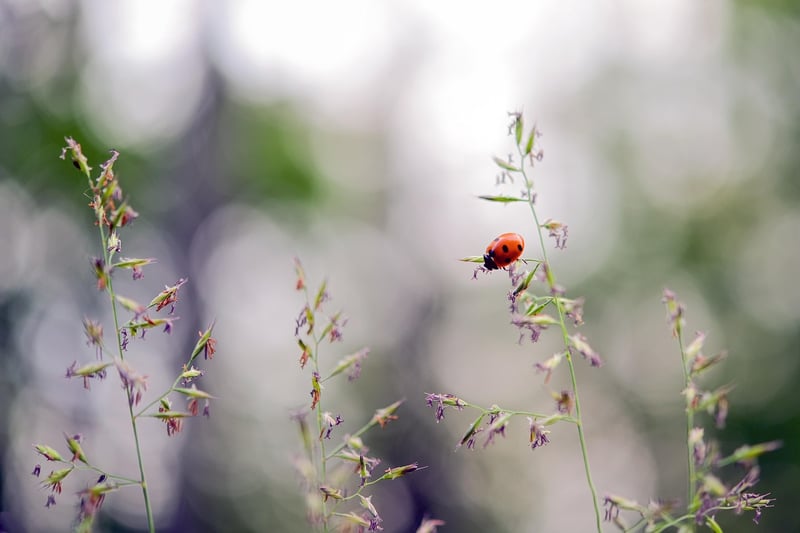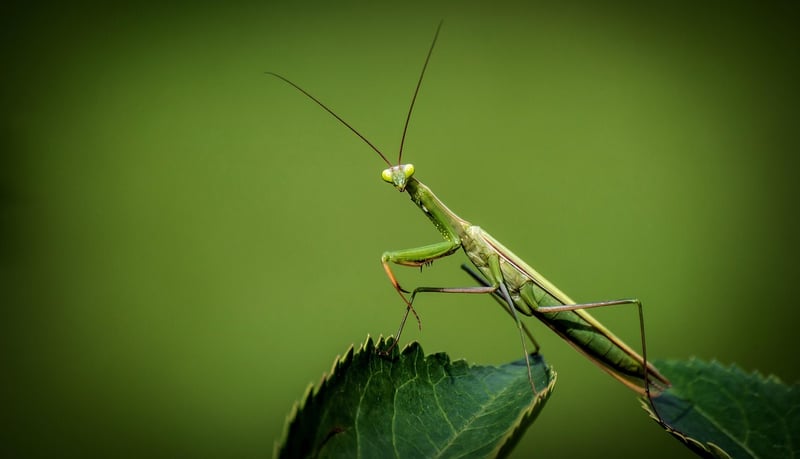Beneficial Insects
Protect Your Urban Garden with Beneficial Insects
Urban gardening can be a rewarding experience, allowing you to grow fresh produce right in your backyard or on your balcony. However, maintaining a healthy garden in an urban environment comes with its challenges, including pests that can damage your plants. One effective and environmentally friendly way to protect your urban garden is by harnessing the power of beneficial insects.
Why Beneficial Insects?
Beneficial insects are natural predators that feed on common garden pests, helping to keep their populations in check without the need for harmful chemical pesticides. By attracting these helpful bugs to your garden, you can create a balanced ecosystem that promotes plant growth and discourages pest infestations.
Common Beneficial Insects
Some of the most common beneficial insects to attract to your urban garden include:
- Ladybugs: These vibrant red beetles feast on aphids, mealybugs, and other soft-bodied insects that can harm your plants.
- Praying Mantis: Known for their voracious appetite, praying mantises prey on a variety of insects, including caterpillars and beetles.
- Lacewings: Lacewing larvae are fierce predators of aphids, thrips, and other small insects that can damage your garden.
- Ground Beetles: These nocturnal hunters feed on slugs, snails, and caterpillars that come out at night to feed on your plants.
Attracting Beneficial Insects
To encourage beneficial insects to take up residence in your urban garden, consider the following tips:
- Plant a diverse range of flowers to attract pollinators like bees and butterflies, which in turn attract beneficial insects.
- Provide habitat for beneficial insects by incorporating plants with dense foliage or creating bug houses where they can shelter and reproduce.
- Avoid using chemical pesticides that can harm beneficial insects along with pests.
- Consider planting companion plants that repel common garden pests and attract beneficial insects.
Conclusion
By welcoming beneficial insects into your urban garden, you can create a natural defense system against pests while promoting a healthy and thriving garden environment. Embracing these tiny allies is not only beneficial for your plants but also for the overall ecosystem in your urban setting.


